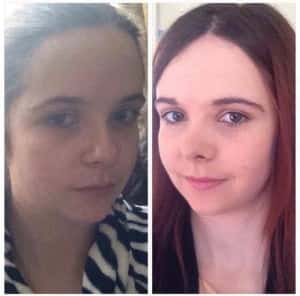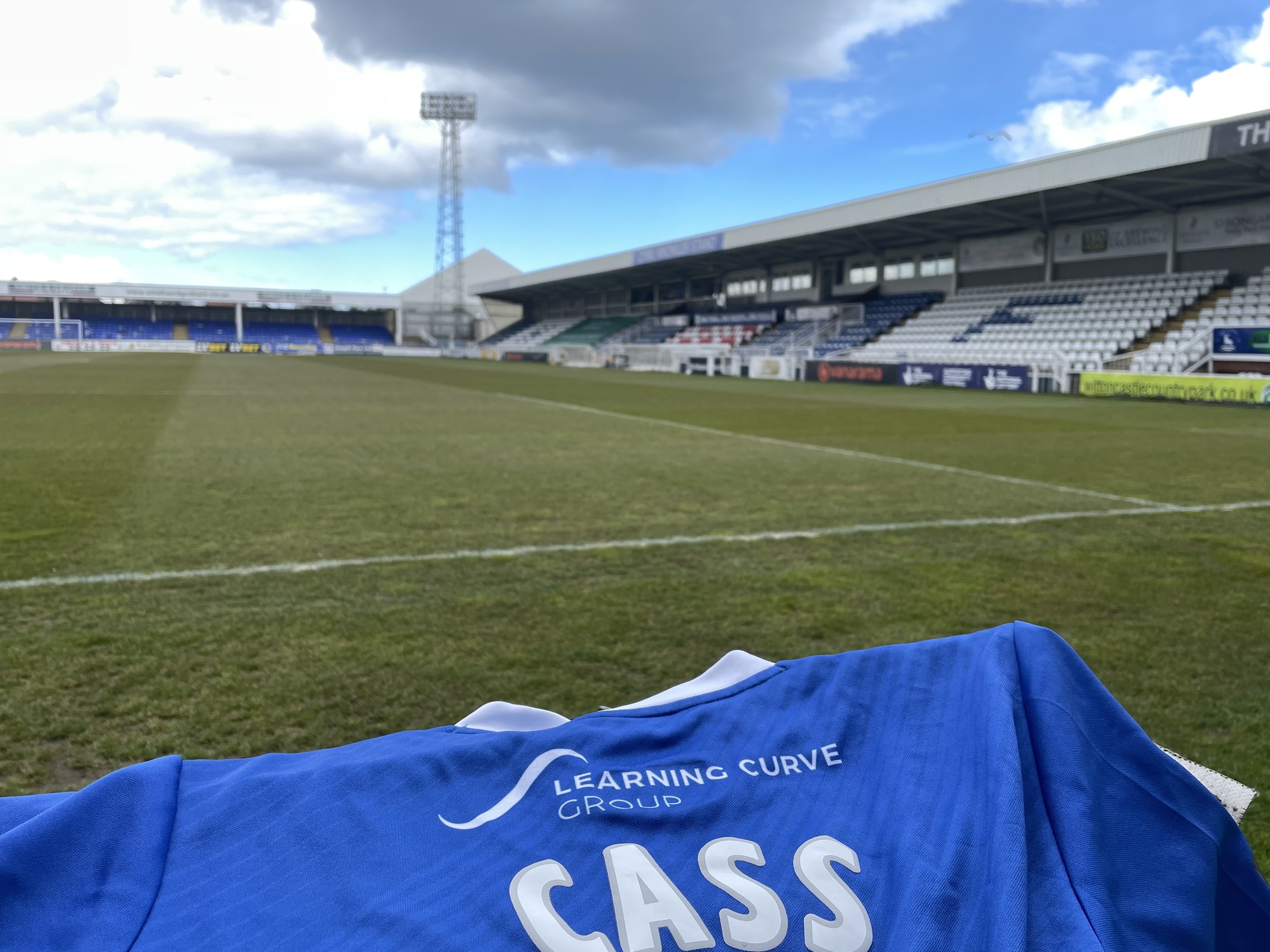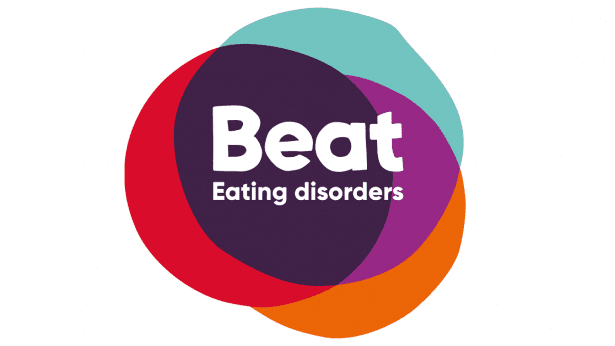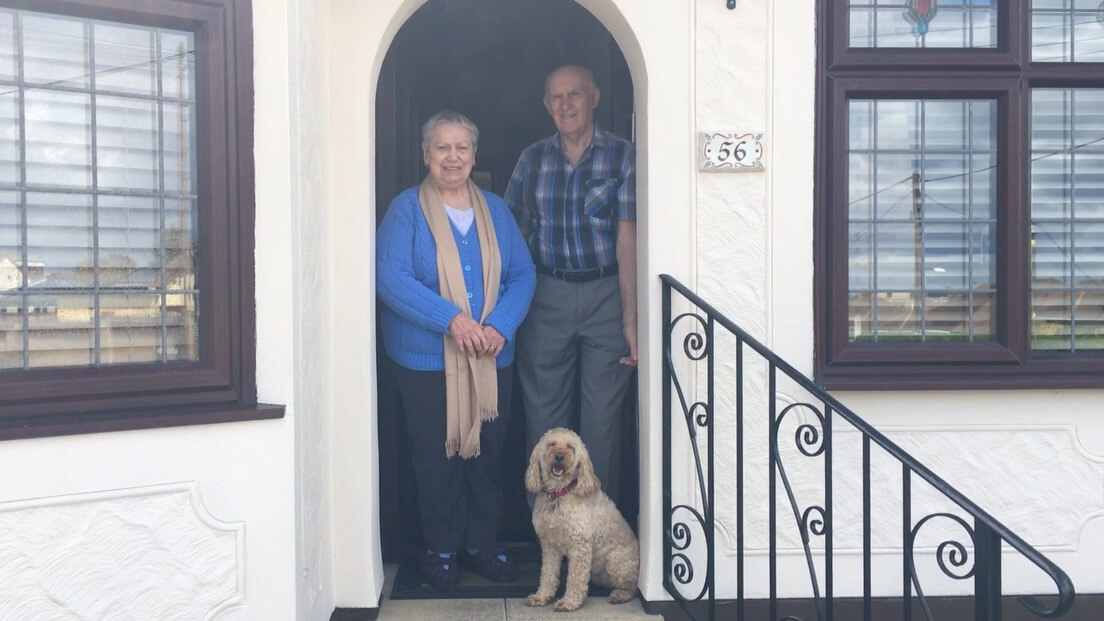This week (May 11 to May 17) is Myalgic Encephalomyelitis (ME) awareness week. Bethany Dodgson, 23, from Durham, has ME and tells SR News how it has changed her life, and how it can sometimes stop her from doing things other young adults do.
But the 23-year-old Bethany, who has had ME for 13 years, said: “It’s always being fatigued but in another way its not being fatigued.
“All I can remember was wanting sleep. I was going to primary school and within an hour I was exhausted and I had to be sent home.
“I was in the most unbearable pain but nothing would get rid of it – painkillers wouldn’t even touch the sides.
“I was hardly able to eat because certain foods made me feel sick all of the time.”
The student was only 10 years old when she was finally diagnosed with ME, after almost a year of traveling backwards and forwards to doctors and hospitals.
From the age of 11 to 18, Bethany was always at the hospital. She was either underweight or in pain, and the medication was only lasting for a few months before it was changed again.
At the age of 13, she was also diagnosed with epilepsy.
Bethany said: “Even though I can’t remember much then I can remember the doctors words clear as day.
“Trying to balance two medical conditions and being a “normal” teenager wasn’t going to happen.”

At 18, Bethany had left school and had been transferred to the adult services, and she had found out that her seizures were actually trigged by extreme tiredness.
“One of the main concerns was getting the ME under control and making sure it was drilled into me to not overdo it,” she said.
On a day-to-day basis Bethany has to think about multiple things.
“Someday’s [I] could be fine, then in the space of 10 minutes, [I] can be ill in bed unable to do anything.
“From the minute I wake up, I have to think how tired am I? How much pain am I in? I have to pace myself as the day goes on.
“If I’m at work or at university I won’t be doing anything during the day. If I’m not then I’ll do a bit of housework or university work. It’s very life-restricting,” Bethany said.
ME is a condition that fluctuates and no two days are the same for Bethany.
“It changes day-by-day, month by month. For the past few years winter used to be a bad time for me, summer was a good time. Within the past year it’s changed.
“I could have good days in the winter then the next day, I could be in bed and I would have to cancel everything and say ‘I’m sorry, I can’t do anything, I’m in too much pain.’
“Even now, I say to people I can do this and then they next day I’m thinking I shouldn’t have done it.
“I am on medication to control the pain as well as other symptoms that can arise with ME – not sleeping, depression, asthma and hay fever.
“I still like to overdo things but not all the time, as being able to do things is good for me in one way.”
ME does not just affect Bethany physically – it affects her emotionally as well.
“A lot of the time it is hard when you see people your own age having a social life [and] being a normal young adult and you’re unable to do anything. It can be socially isolating.”
“All of my friends have a social life and for me to be able to study and have a job I’ve had to give up my social life.”
The second-year student feels she is a lot better now than what she was when she was first diagnosed, but she still has to restrict herself so she doesn’t go back to the way she was.
“All I wanted to do [at the age of 10] was play out and not listen to doctors saying I could do things. Then the next day I would be in agony.
“But as I’ve become older I’ve understood the illness a lot more and I know that I can’t keep pushing myself.”
As well as being a student, Bethany works as a waitress.
“When I’m at work, I stand for sometimes a long period of time or I have to carry plates. I have to wear knee and wrist supports just so I can do my job.”
Bethany’s illness also affects her university life – if she has an early morning lecture, but has had a bad night, she needs to email her lecturers to say she is going to be late.
“It can affect me getting assignments in on time.”
Bethany is also a carer for members of her family.

“If my ME is playing up badly I won’t be able to do anything at all. I’m in bed but I still have to force myself to get up for even just a little bit to make sure my brother has gone off to college.
“If I was having a good day I would start doing some washing or housework – anything that needed to be done, but that would be put aside and I would have to go straight to bed.”
ME is often considered to be an invisible illness which annoys Bethany.
She explains: “It annoys me when I travel a lot on public transport and when you are sitting in a disabled seat because it has more leg room. People walk past and give you dirty looks.
“I am disabled. I do have a right to sit there.”
The illness is now much more understood, but the 23-year-old explains that she has and still does face stigma.
“When I was at school, if I was off for a week I would go back and I explain to a teacher why I was off – I would be met with ‘everybody gets aches and pains, everybody still does this’.
“Friends at work or at university don’t fully understand either.
“With ME, you have to give up a lot of stuff just to do the little things.”
“I used to be ashamed to say I had M.E, but now I stand tall and say ‘yes I have ME but ME will never be me.’
“I am still the same person that people knew, I just have to balance things to try and continue with my life and not suffer setbacks with either the epilepsy or the M.E.”
Bethany wants to highlight and raise awareness of ME and said: “If you know someone with ME just been there for them – be understanding.
“Sometimes I don’t like talking about how life-changing this illness is, but, in some ways, it’s the only way you are going to get people to understand.”



